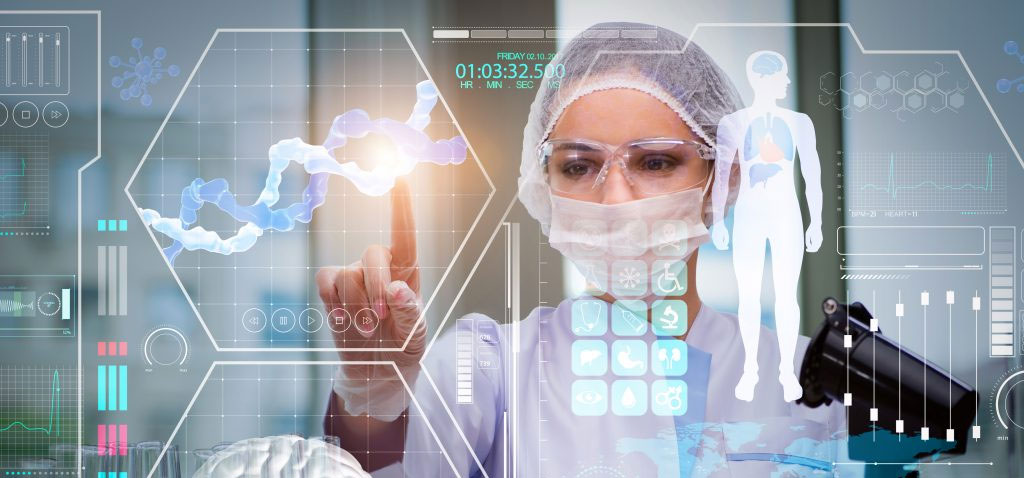
How Artificial Intelligence is Transforming Healthcare
Artificial intelligence (AI) is transforming healthcare in ways we never thought possible. And it really is all about the data.
At Mt. San Rafael Hospital, our mission to improve patient care. Using data, we can help healthcare professionals make more informed, accurate, and proactive assessments and diagnoses. The ability to analyze data in real time enables us to improve the quality of life for patients and ultimately save lives.
There are a few key areas where AI is really making a difference in healthcare.
Enabling proactive diagnoses using smarter healthcare tools. Detecting illnesses and diseases before they happen is a pillar of modern healthcare, and AI is crucial in that effort. Predictive analytics driven by AI cut down on manual data processing. This helps doctors get to the root of medical issues faster and resolve them before they become major problems for patients. For example, modern radiology scanners incorporate different aspects of AI to improve cancer detection and help doctors prescribe better treatment. AI in our medical devices also enables us to predict and prevent cases of sepsis, the leading cause of death in hospitals worldwide. Using AI, healthcare professionals can get a complete picture of a patients’ health history and make more effective personalized care decisions. And it’s not just technologies in hospitals and clinics that are using AI. More and more consumers are adopting wearable technology that can enable doctors to more accurately assess the health of patients in real time. ECGs in wearables and smartphones provide a powerful diagnostic tool that healthcare providers can leverage to deliver better patient outcomes and drive medical advancements.
Helping physicians find the right data faster. The medical field is constantly evolving, with thousands of publications coming out on a daily basis. To provide patients with the most innovative, up-to-date care possible, healthcare professionals need to absorb as much of this information as they can. But it’s impossible for any one doctor to keep up with the amount of research and discoveries being done. To keep doctors in sync with new medical developments, healthcare organizations use AI to analyze and process all of this new research data to help doctors come up with the most effective, cutting-edge treatments and care plans for patients.
Keeping patients and healthcare organizations safe from cyber criminals. Historically, healthcare organizations have been about 2 years behind any other industry when it comes to adopting new technology. That lag has left many organizations open to cyber threats, and as a result, healthcare is one of the most threatened verticals out there. By incorporating AI into our cyber security profile, we can predict cyber attacks before they happen. We can utilize predictive analytics to look at abnormalities within our network and determine what level of risk is associated with each.
AI is doing some exciting things in improving patient care, and NetApp is on the front lines. To keep up with the pace of change, healthcare organizations need to have technology at the center of their organizational strategy. With NetApp technology, healthcare organizations can mine immense volumes of data and turn it into value for patients and healthcare professionals. They truly partner with our industry and have an acute focus on improvements driven by AI.
This article originally appeared on NetApp.com’s Blog.
RETURN TO CHIME MEDIA

